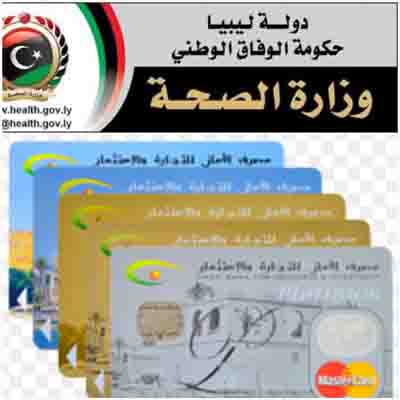By Sami Zaptia.

London, 28 January 2018:
It would be very easy to assume that with all the militia fighting, political polarization and economic woes in the country, little social or NGO activity goes on in Libya. The level of security in the country is still much lower than pre-2011 as a result of the spread of weapons and militias. The lack of any state security apparats to impose law and order also means that security risks are higher. However, life does go on as normal for the majority of citizens and as far as some NGOs are concerned.
One such active Libyan NGO is the Tripoli-based Hexa Connection, a Libyan nonprofit organization, focused on technological development and aiming to help build and develop Libyan society using technology. Hexa was established in October 2013 and is made up of 30 members; 12 women and 18 men, all ranging from 18 to 35 years old.
Hexa have been very busy. Some of their activities and initiatives in 2017 included Hangouts, Dustouruna, Libya Blog Initiative, IEEE Day, Africa Code Week and Hour of Code.
A hangout is a mini half-monthly, periodic session intended to identify different technological and pioneering topics which contribute to increasing social awareness of specific topics. Hangouts also seek to network those who are active in technological fields and who have initiatives and ideas by gathering them in sessions to exchange their ideas and experiences.
July’s hangout session in Tripoli, for example, was on digital security and how to protect oneself while using the internet. There were others in Tripoli over the year on management of information security, electronic coins and their role in international economy, STEM education system and its efficacy in Libya, and on the world of independent gaming development.
Benghazi’s hangouts were on entrepreneurship, social entrepreneurship, independent gaming development and its economic feasibility, and on digital arts. In September, Hexa also organized its first overseas hangout in Malta explaining “What is a hangout?”
Hexa also launched its ‘’Dustouruna’’ (our constitution) application which coincided with Libya’s draft constitution being completed by the Constitutional Drafting Authority. The App allows users to read the whole draft of the constitution and make comments on it.
The NGO also organized a Libyan Blog Initiative session to introduce blogging and its methods, and how to use blogging professionality, in the presence of a group of professional Libyan bloggers.
They also organized a number of training sessions during the year, including training on website development basics, such as WordPress, HTML and CSS.
The Libyan Youth Entrepreneurship Development project organized by Hexa in Tripoli focused on developing the pioneering skills of young males and females with ideas and passions to develop their skills. This was done through a package of different training sessions to reinforce their confidence and provide them with the essential basis to start and manage their own projects and market them.
Hexa celebrated IEEE day on Tuesday 3rd October 2017 at the University of Tripoli introducing people to IEEE and its divisions, vision, goals, and projects around the world.
IEEE describes itself as the world’s largest professional association advancing innovation and technological excellence for the benefit of humanity.
As part of Africa Code Week Hexa organized a number of workshops for more than 80 children from the Tawergha camps in Tripoli. The children were trained in a wide range of computer and programming fundamentals, in order to commemorate Africa Code Week for the first time in Libya, as similar activities take place in other African countries.
Hexa says that the contribution to computer science education week and its campaign “Hour of Code” is one of the most important social activities that was sponsored by the NGO since it was first established.
This year it trained many teachers introducing them to the activity and its nature and encouraged them to implement these in their schools in a number of Libyan cities including Tripoli, Benghazi, Hoon and Shahat.
The NGO also organize activities specifically aimed at women such as the Libyan Women Entrepreneurship Development Project, where 20 young women were trained in entrepreneurship and how they can run their startups.
Asked by Libya Herald about the difficulty of obtaining funding, Amjad Badr, Hexa’s General Director said that it was ‘‘a bit hard to fund our projects nowadays, especially that Hexa Connection is driven by a vision not by the projects demand. But anyways, our projects are funded in many different ways such as; donation, international grants, local sponsorship and our own efforts and our members’ fees’’.
Looking ahead, Hexa say that they are working to invest more in 2018 in their initiative for supporting electronic governance and civic engagement, in parallel with their work in education and innovation.
Already this January they started 2018 by announcing the first National Robotics Championship (NRC) in Libya. They are also organizing the first Hackathon, an initiative for developing ICT solutions for marine issues.
Asked if it was difficult for NGOs to operate in Libya these days; ‘’Not so. Yes, the situation is a bit messy, but I think if any believer wants to work, they can work, adapt and deal with the current circumstances’’
‘‘We hope that 2018 will be a turning point in the situation in Libya’’, Badr said optimistically.








